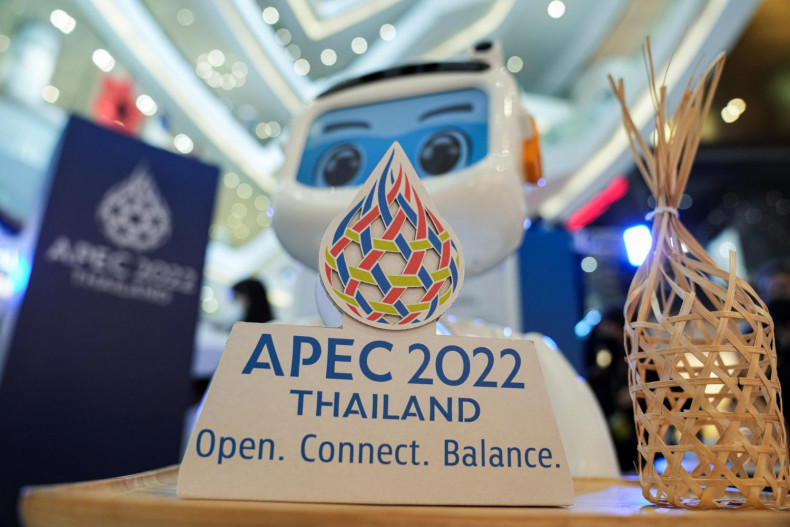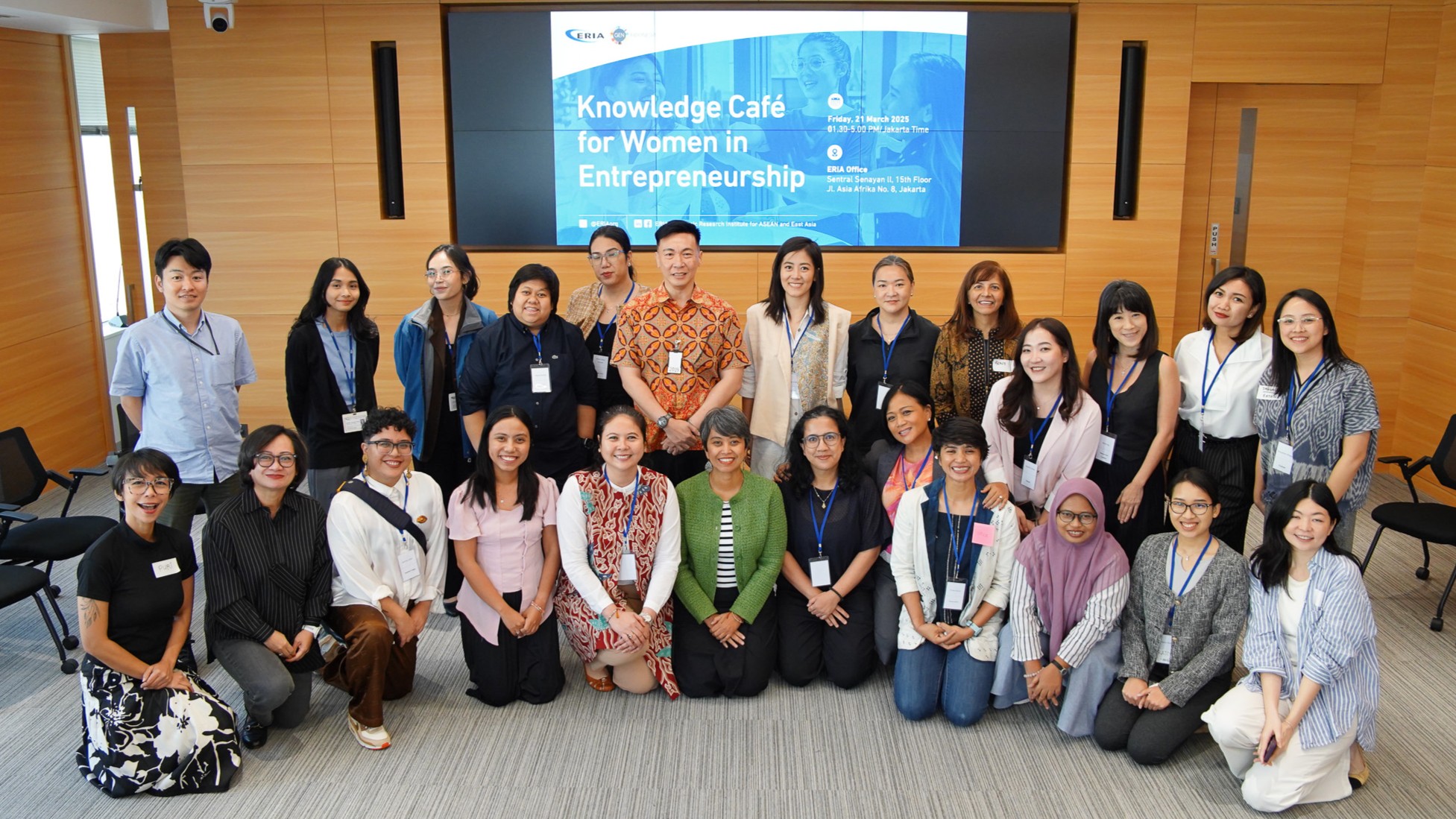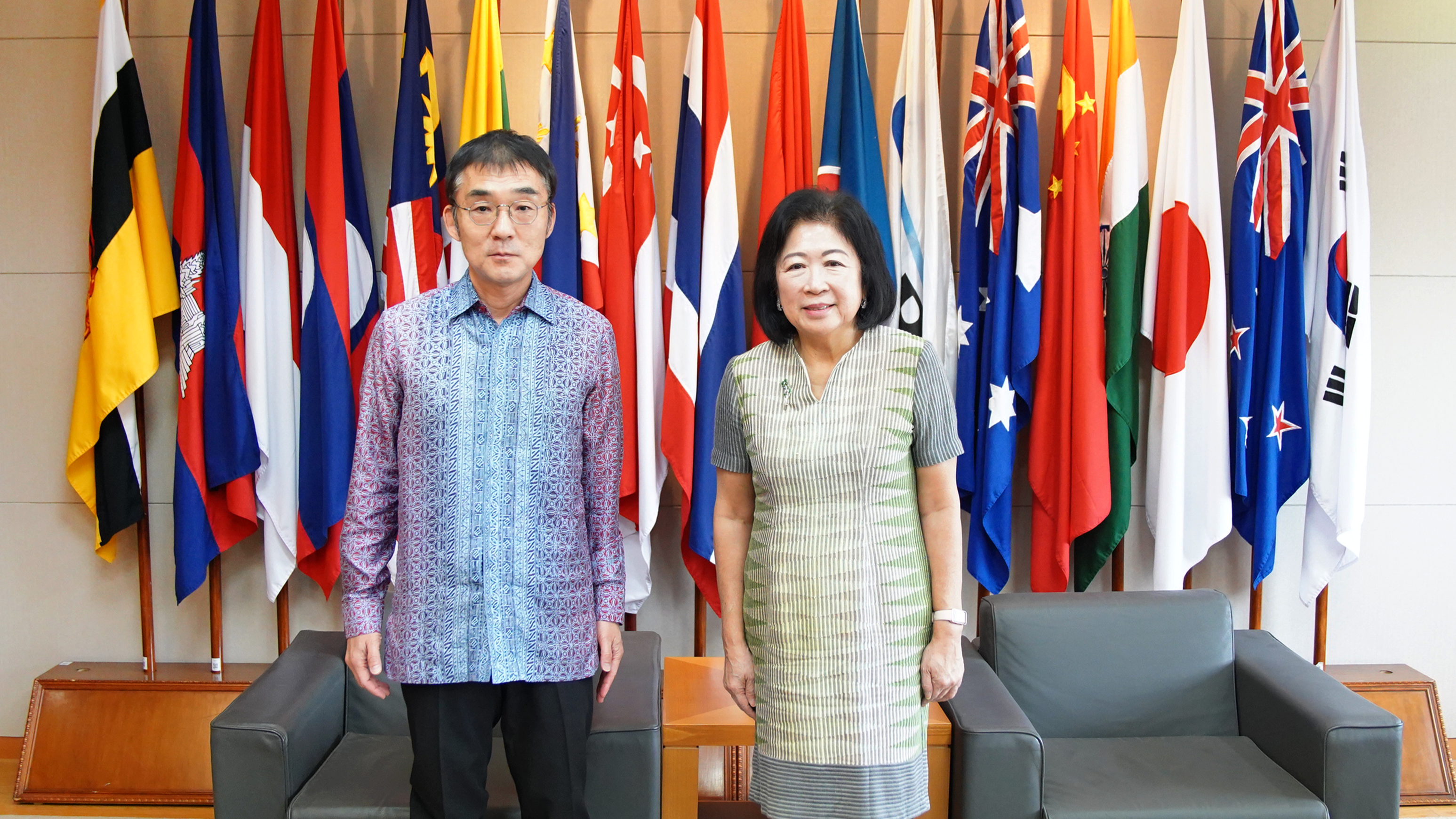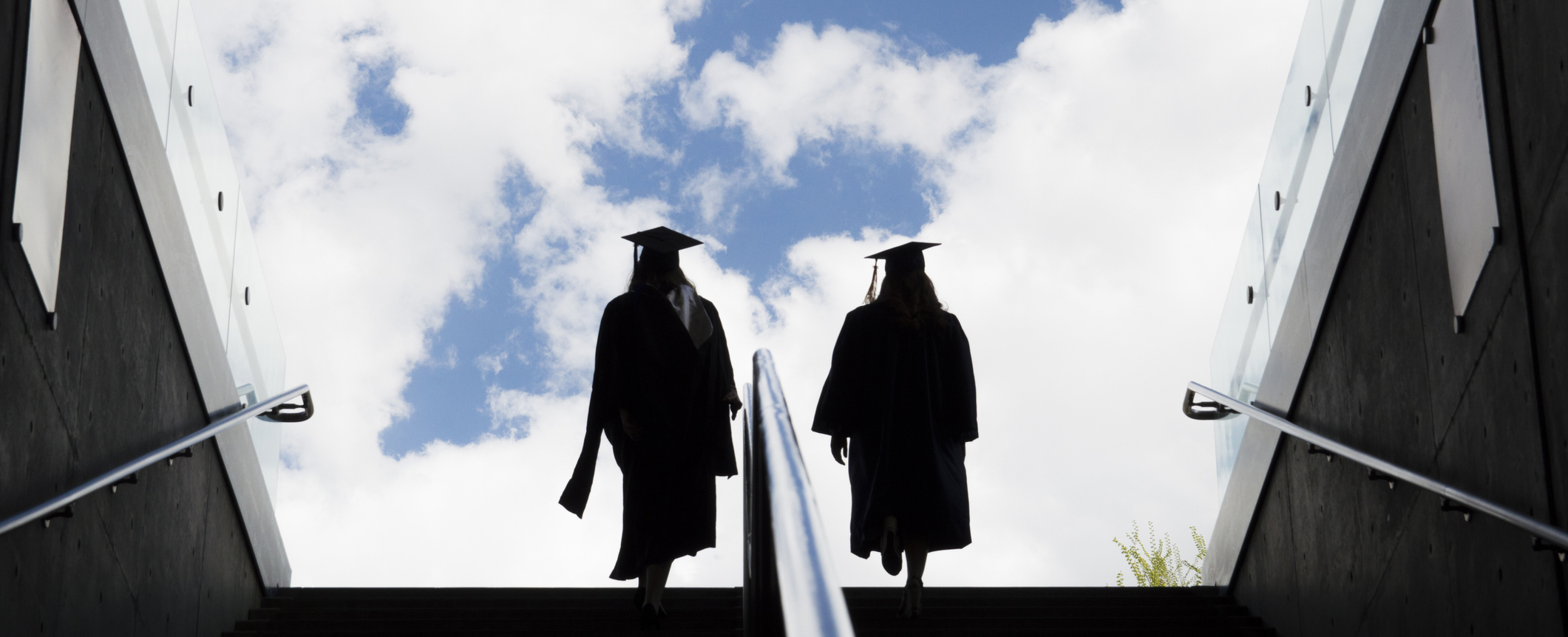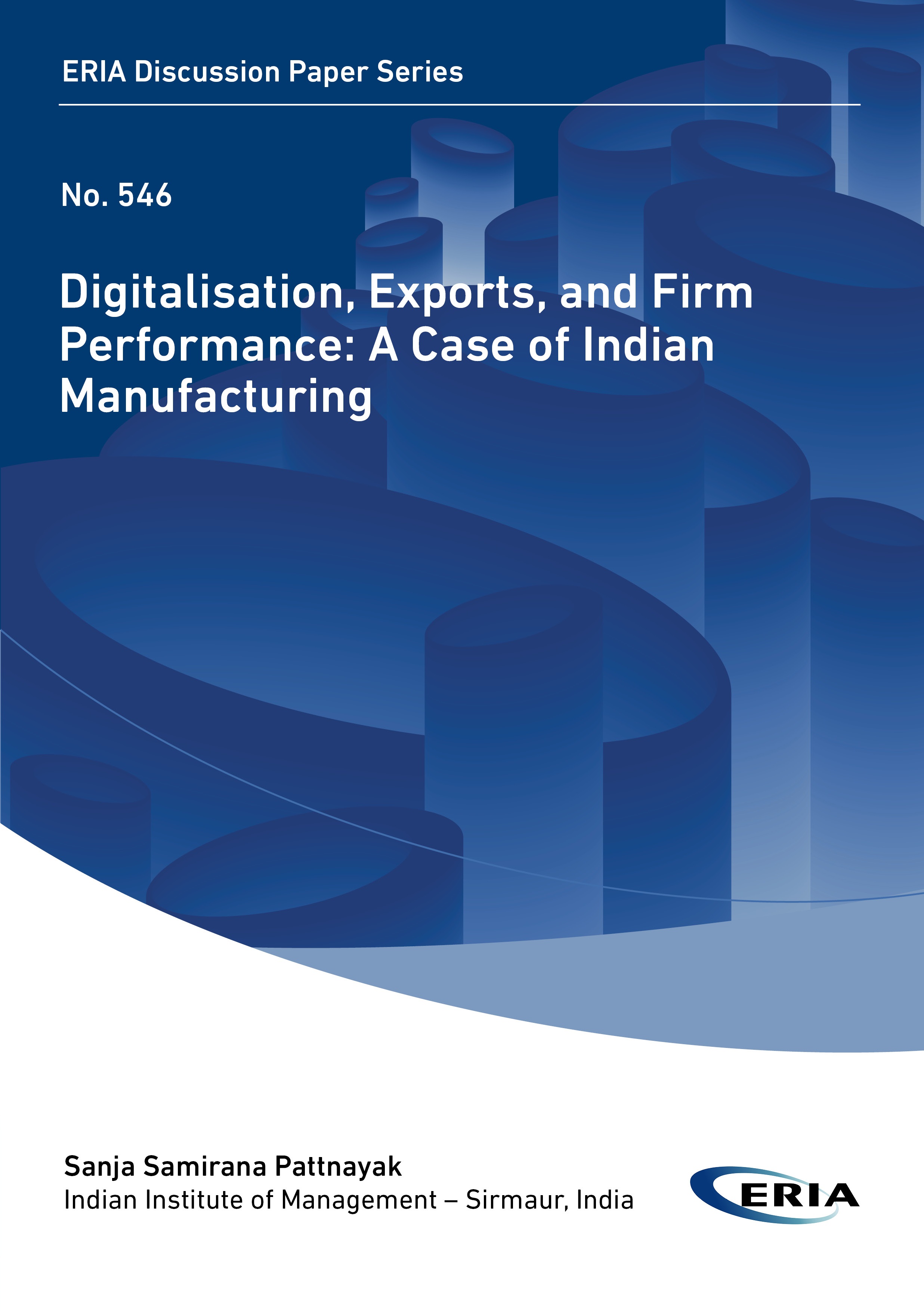SE Asia to host big powers in November
Share Article:
Print Article:
By Mr Kavi Chongkittavorn, Senior Communications Advisor: For a 10-day period in the second week of November, the world's attention will be focused singularly on Southeast Asia. Current global chasms, both big and small, will play out in Phnom Penh, Bali as well as the newly renovated Queen Sirikit Convention Center here in Bangkok respectively. Plenty of positive headlines as well as vitriol will be generated, as leaders of powerful countries and economies descend on the region.
All these actions will happen between Nov 10-19, when three major summits -- namely the Asean, G20 and Apec -- will be held, following countless weeks of preparation over the past year. At this point, all kinds of speculation and conspiracies are floating around due to the Russia-Ukraine war. These further deepen the hosts' anxieties about the prospects of the upcoming summits, especially around the list of attendees and expected outcomes.
To ensure maximum success, the trio should get together and consult each other again on the best way to handle the big events. Their unprecedented May 6 joint statement, which set out their intention of acting as honest brokers, has now been overshadowed by the worsening war in Europe, which is unlikely to wind down in the near future. The hosts need to remind their guests of the gravity of the challenges they all have to face. A spirit of cooperation is needed.
Lest we forget, the joint statement emphasised that the three summits "share commonalities that provide a unique opportunity for all participating countries/economies to jointly advance the collective global and regional agenda and effort to bring peace, prosperity, and sustainable and inclusive development to all our peoples". As such, the hosts are determined to strengthen their position in the face of global uncertainties and to "maintain Asean's central role in the regional architecture that emphasises constructive engagement based on the principle of equal mutual respect and interest".
However, despite these strong pledges, Asean's key dialogue partners, namely the members of G20 and Apec have not paid any attention. Judging from previous senior official and ministerial meetings in all three capitals, there is a cause for concern that the long-awaited summits could be weaponised by competing major participating countries. The rivalries have been highly visible at the G20 and Apec ministerial meetings in Bali, Bangkok and Chiang Mai, which were marred by several walkouts and mutual condemnations. Fortunately, at the Asean annual meeting in Phnom Penh, there was only one walkout.
Since May, it has proved impossible to agree on six joint statements due to the hardline approach of opposing groups. Even one chairman's statement on tourism was withdrawn and revised after its release, following a fierce protest from a major economy.
If this trend continues, the three hosts will have to re-arrange their programmes, especially when the leaders of the US, China and Russia are meeting in the same room. There are good reasons for this.
First of all, the three hosts have invested huge amounts to stage these summits. A disruption of any kind would certainly have an impact on the events' deliverables. The unexpected Russia-Ukraine war is like a virus, infecting core relationships in the international community as much as the strategic competition between the US and China. Obviously, the hosts prefer actual heads of states, not their stand-ins, to attend the gatherings. That said, realistically, nobody is expecting these leaders to stay in the region for 10 days straight just for this purpose.
Meanwhile, the hosts should note that the Asean-related summits scheduled on Nov 10-13 will come within 48 hours of the US midterm elections, which doesn't bode well for US President Joe Biden's agenda in Phnom Penh. As in previous years, US leaders' participation record in Asean-related summits have been nothing but inconsistent. During his four-year term, former US President Donald Trump skipped all three gatherings and attended another half-heartedly. In his last year, he even appointed a non-cabinet member to represent him, much to the chagrin of Asean leaders. In contrast, the Chinese and Russian leaders would certainly be in Phnom Penh for the summits.
As such, Mr Biden is likely to attend the Asean-related summits -- namely the 10th Asean-US Summit and East Asia Summit -- virtually. Given the time constraints, Mr Biden is more likely to attend the G20 meeting in Bali, as his strong supporters from the G7 bloc will also be there. Although speculation is rife that there could be a special summit between Mr Biden and Chinese President Xi Jinping in Bali, to date there are no positive indications. Furthermore, the G20 chair has also invited Ukraine President Volodymyr Zelensky to join the summit as guest.
After Bali, the most frequently asked question will be: Will Mr Biden fly to Bangkok for the Apec summit to wrap up his visit? The Thai host expects Mr Biden to attend the leaders' session on Nov 18, as well as the handover ceremony later, because the US will become Apec's chair next year.
For Thailand, the stakes are extremely high as the government has invested both time and money to host this year's Apec summit. Bangkok wants to use the occasion to lift Thailand's international status and economic potential to a new level in the post-pandemic era. In addition, the Ministry of Foreign Affairs and relevant ministries have been working diligently to ensure that the public are well informed about the benefits of Apec membership. For the past 16 months, extraordinary efforts have been made to increase awareness and understanding among the Thai media community on all platforms.
Given current circumstances, the significance of the Apec meeting has also increased, as it is a non-threatening economic forum for 22 world economies. Thailand is neutral ground for them to converge. In Moscow recently, Deputy Prime Minister and Foreign Minister Don Pramudwinai expressed his hope that Russia's President Vladimir Putin, who has always attended previous Apec leaders' meetings, except in the three years during the pandemic when no physical meetings were held, will attend the one in November. Therefore, it is clear that the government is expecting all three leaders -- Mr Biden, Mr Xi and Mr Putin -- to be visiting the Thai capital in person soon.
Quite a few non-Apec countries have expressed their interest in joining the Bangkok meeting as guests of the host. Saudi Arabia, which recently normalised ties with Thailand after more than three decades of frosty relations, will be included in the guest's list. Not only does the presence one of the world's major oil producer in the Apec meetings indicate the emerging multipolarity and fluidity of geopolitics today, it shows how vital energy security is to economic stability and progress. Other major European economies have also expressed their interest in joining the Bangkok meeting. Apart from the UN General Assembly gatherings in New York later this month, the Apec summit will be the only premier international setting for all major players to meet without any bias or stigma.
The next 67 days will be crucial for Thailand to maintain its domestic stability and create an environment that is conducive for friendly encounters between rival powers. This could be an impetus to add more "guests" to the list. One thing is clear, Southeast Asia remains high on the political chessboards of the great powers in the games being played today.
This opinion piece was written by ERIA's Senior Communications Advisor, Mr Kavi Chongkittavorn, and has been published in The Bangkok Post. Click here to subscribe to the monthly newsletter.
Disclaimer: The views expressed are purely those of the authors and may not in any circumstances be regarded as stating an official position of the Economic Research Institute for ASEAN and East Asia.
